20+ Years Experience
Specialist Business Insolvency Company

A phoenix company is a company rising from the ashes of the old one (just like the mythical Greek bird).
The general idea of a phoenix company is to form a new business from the old company, resulting in a new Phoenix company that uses some of the same underlying assets while avoiding former company debts.
This happens when an insolvent business and its assets are bought during liquidation or administration – or pre-pack sales – and used to find a brand-new company.
A phoenix business is legal as long as the underlying assets, obligations and laws are handled correctly.
Phoenix companies may have some negative connotations, but they can still be created as needed if the process is carried out fairly.
Note that some directors try to create a phoenix to sell off insolvent company assets to themselves rather than giving money to creditors. This has been considered amoral for a while, and current phoenix company laws prevent it.
Creating a phoenix company from an insolvent company requires that you follow the phoenix companies’ legal rules set out by the UK government.
UK company’s directors can continue to trade in the same way as before, but only as long as they are not personally bankrupt or disqualified from that role.
The old company’s assets are to be sold and purchased for a fair price as part of the insolvency service and process.
Steps are taken to ensure that creditor interests are not invalidated, and creditors are notified of the sale no later than two weeks after it is finished. The creditors are also notified of action taken by a licensed insolvency practitioner appointed to oversee the process.
The new phoenix company must also have a different name from the original liquidated company, and the individuals involved cannot treat it like a continuation of the same business.
When companies fail, company owners are not meant to use a phoenix to keep their company’s assets and branding as if they never failed.
HMRC sometimes demand VAT deposits regarding the new company. This becomes more common if they lose out during the liquidation.
If HMRC believes that the original company was liquidated to avoid tax and the phoenix company describes nothing more than a scheme to avoid paying tax, then HMRC can reclaim it.
HMRC also have anti-phoenix rules in place to deal with companies that are only there to avoid paying tax.
Shareholders need at least 5% minimum equity and voting interest before liquidation.
The distributing company must be a “close company”, meaning five or fewer participants, either currently or in the two years before liquidation.
There also must be reasonable evidence that the possibility of reduced income tax prompted the liquidation.
Pre-pack administration is the main way to carry on the same company with the same directors. This is the process of the company’s directors selling a company’s goodwill and assets – which they can do to themselves, but only if nobody else steps in to buy the limited company.
Creditors’ voluntary liquidation is also an option.
This allows a newly formed company to be created by buying assets back from the liquidators. If companies fail due to misconduct, directors can be investigated.
The Secretary of State can disqualify the directors for up to 15 years and cut off any directors’ pay they were owed.
A credit search can reveal that previous company directors failed to keep their company operating cleanly or that they made it harder to borrow money.
This can trigger TUPE regulations and force the new company to take on employment contracts from the old one.
Creating a phoenix can also seem confusing, especially if you want to use the same premises and carry as much money as possible. Contact us to get our direct support and free, confidential advice.
If a director is accused of fraud and found personally liable, they will be liable for the debts.
This can include professional valuations of items with no original defined cost and the market value of particular items owed to a creditor.
The court can disqualify a director for up to 15 years through the Company Directors Disqualification Act of 1986.
This includes foreign businesses with links to the UK since UK law still applies.
A disqualified director cannot start up a new company, whether it is a similar business or a brand new company – or often use the same name as the old company for any personal projects.
Phoenix fraud can result in a prison sentence. Fraud is a serious matter and carries a prison sentence and personal liability.
Even if the company goes into administration or liquidation, a director trying to avoid income tax or keeping a business’ market value at a less-than-fair price will suffer the consequences.
The formal insolvency process could be clearer, especially with pre-pack administration or liquidation options.
Phoenix companies are perfectly legal, but you need personal funds, public interest and an insolvency practitioner to make it all possible.
Contact us today if you still need help with concepts like recipient shareholders or a chartered surveyor regarding UK companies.
Here are some other informative articles about business debt in the UK:

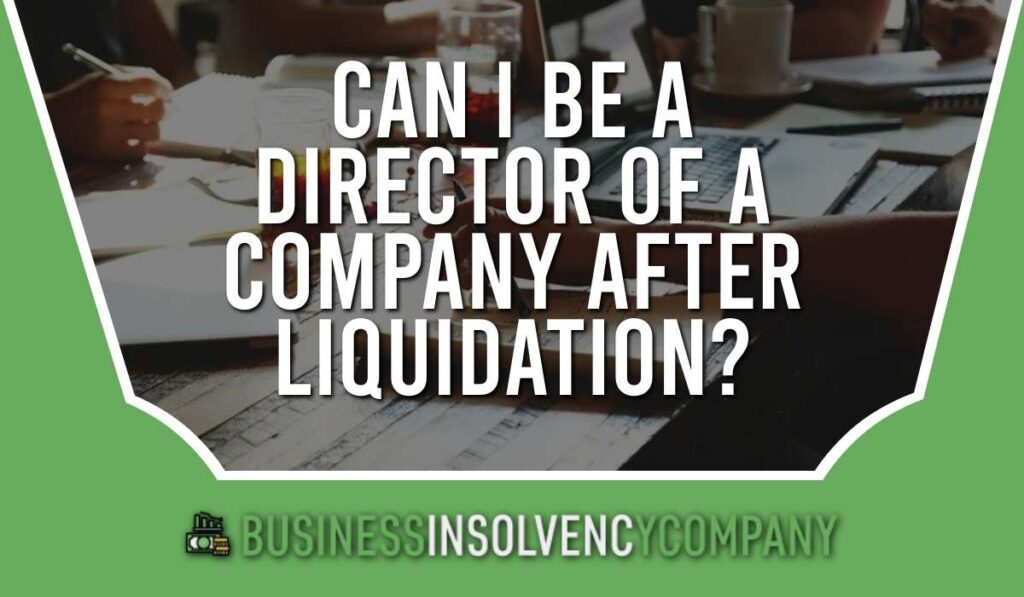


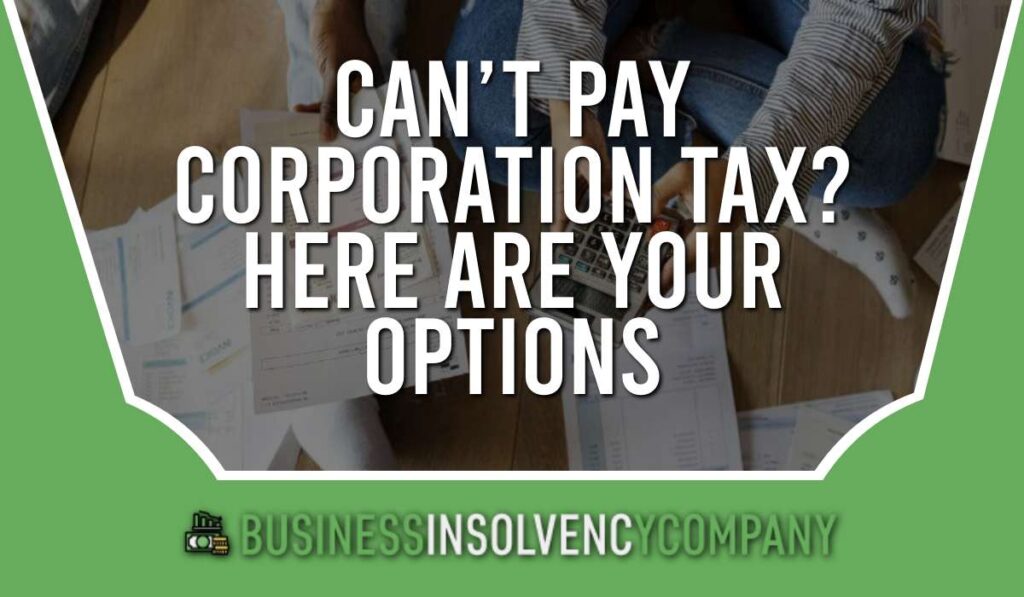
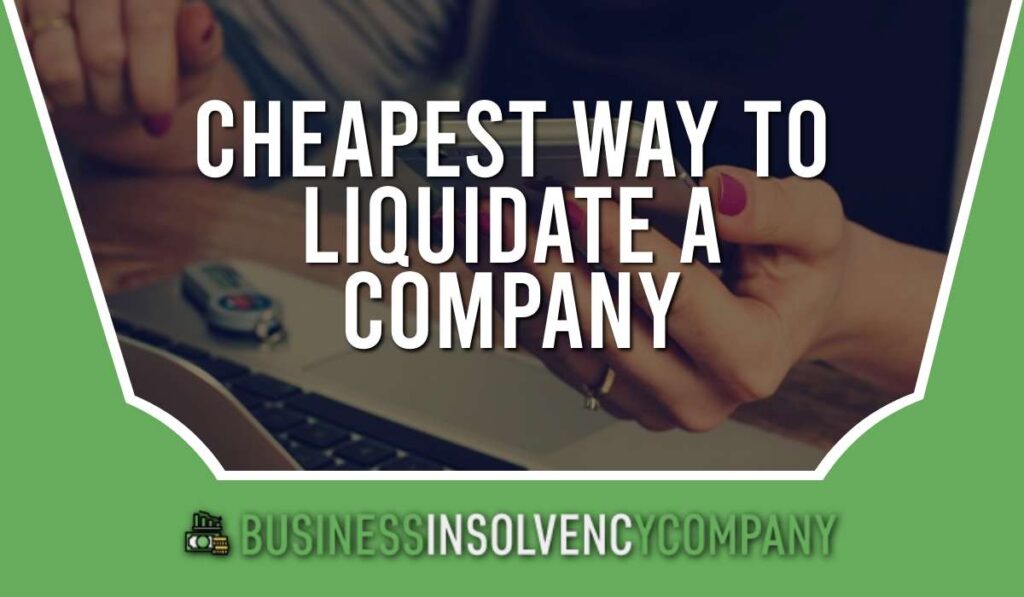
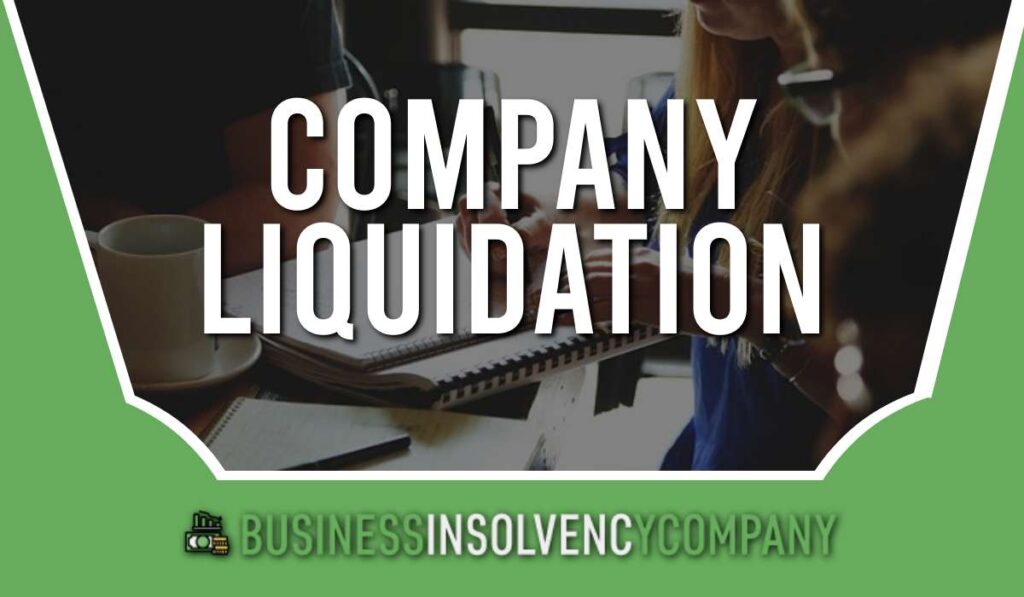
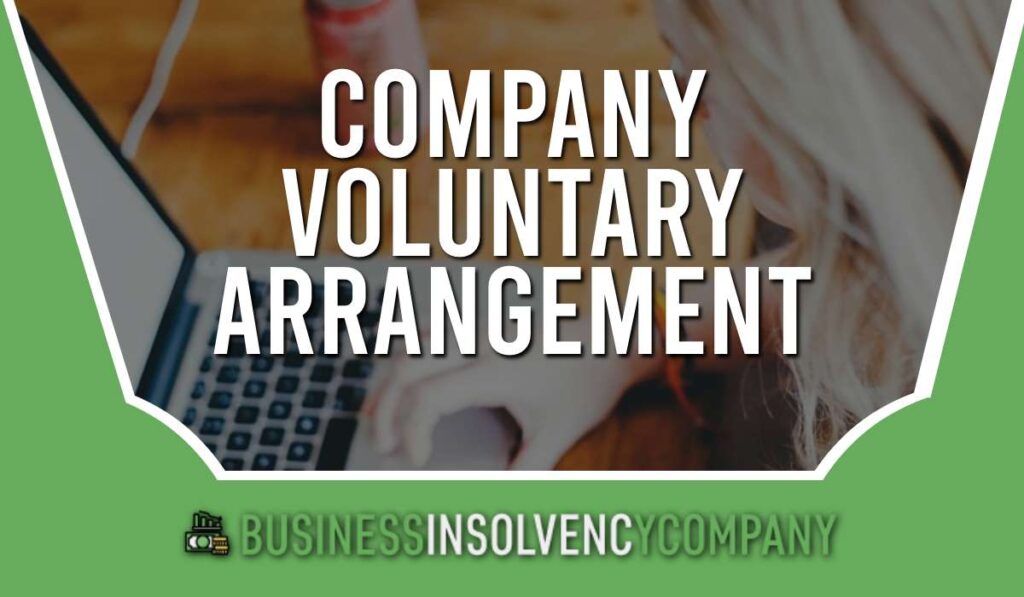

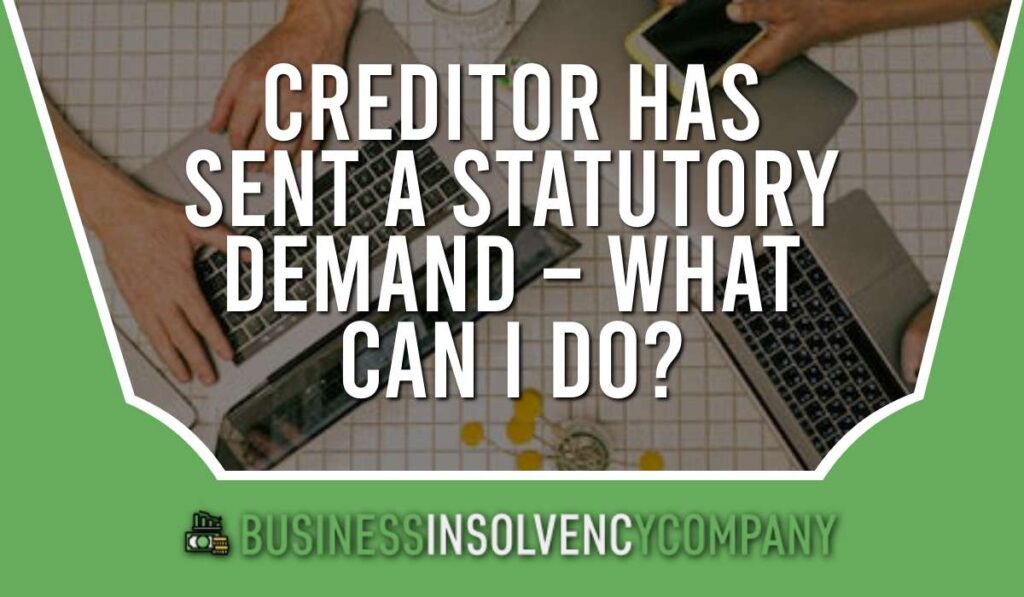
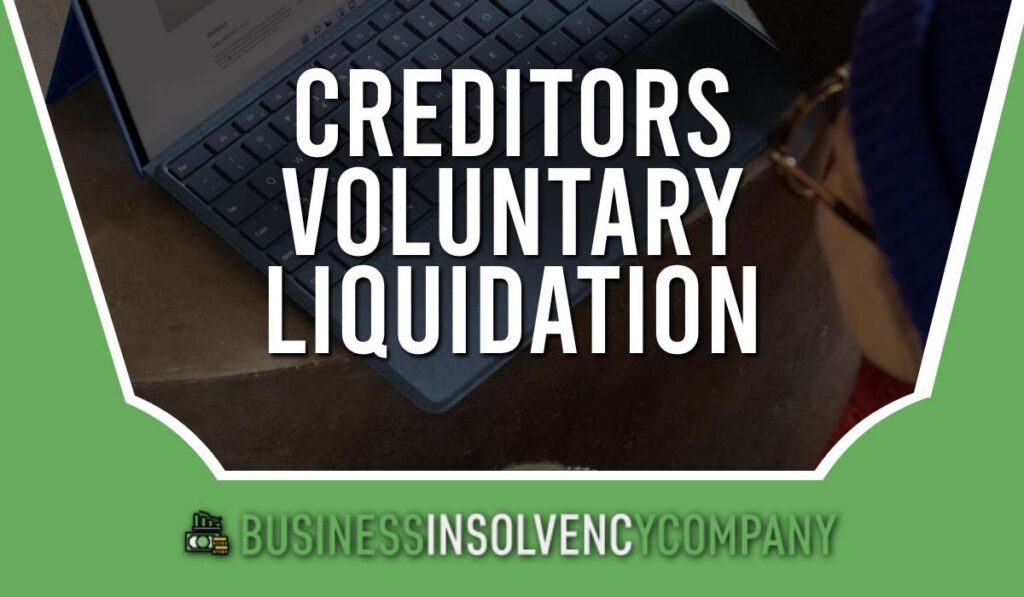
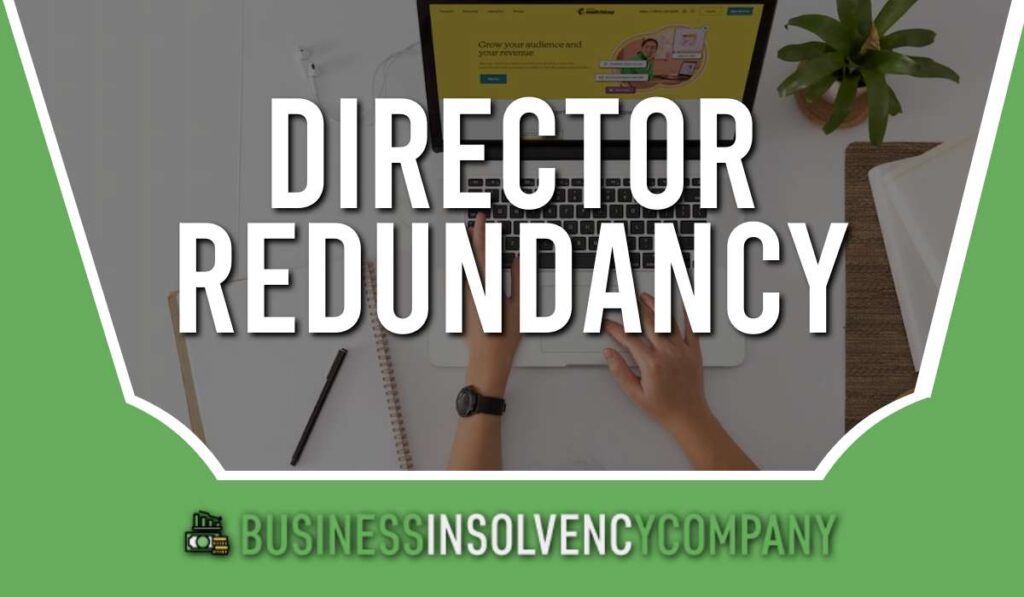

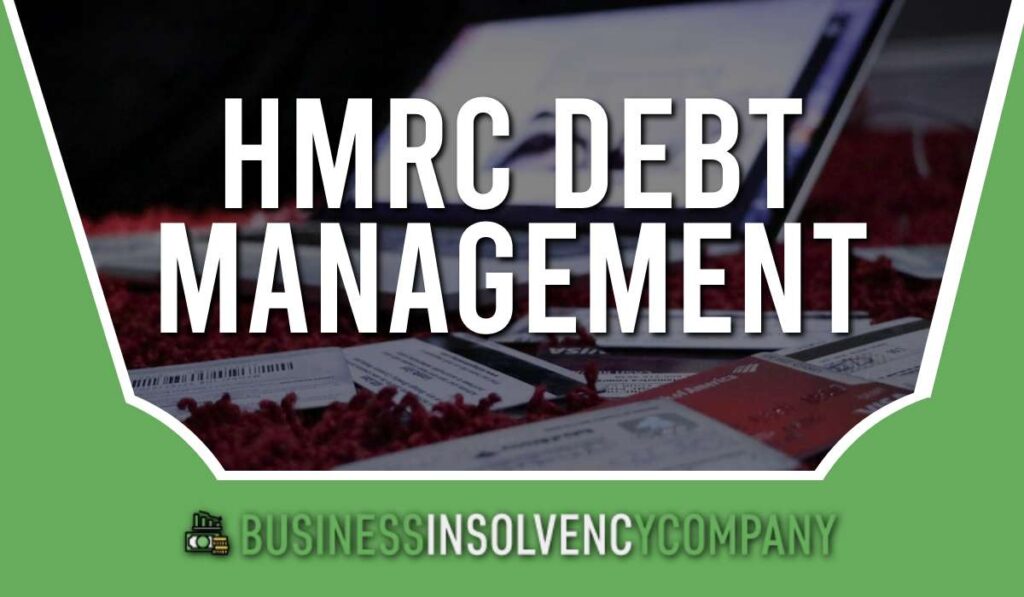

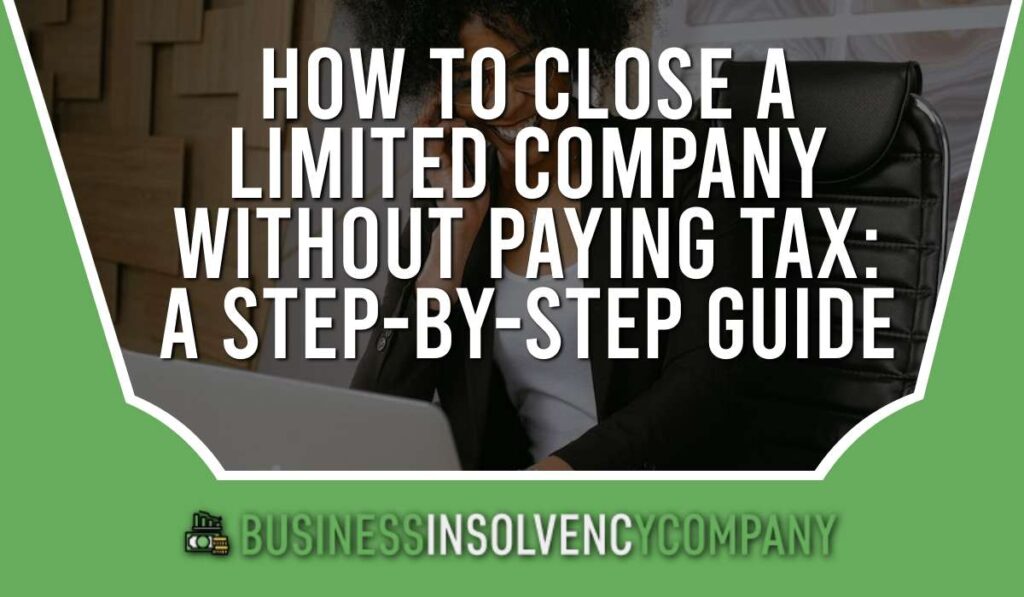
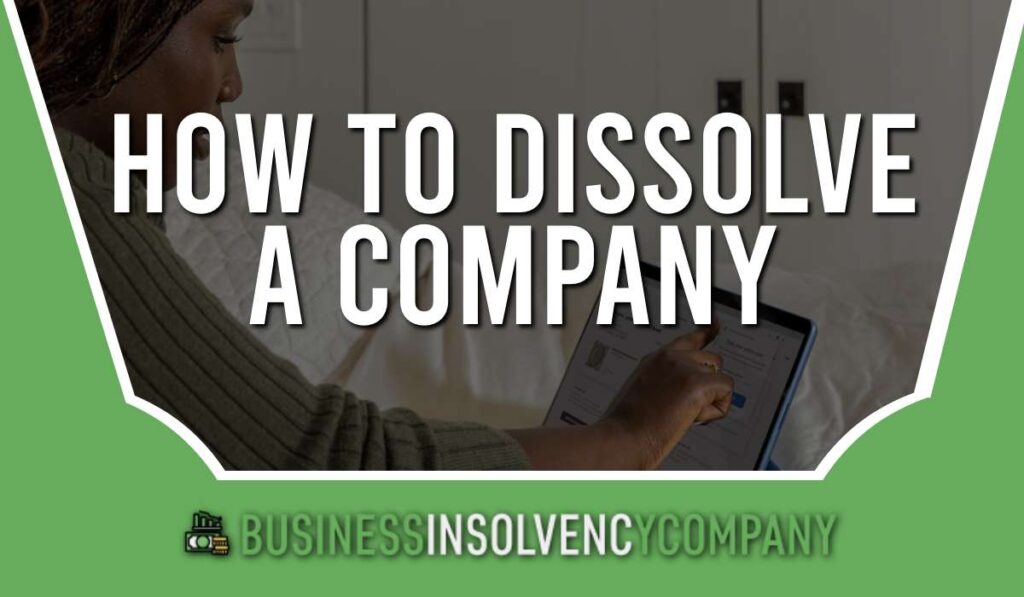









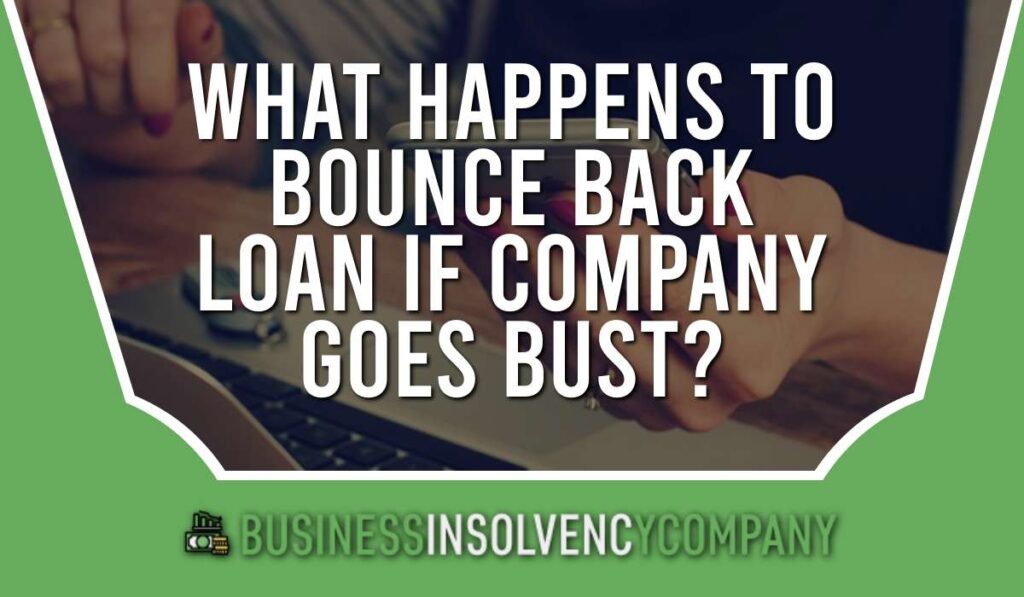
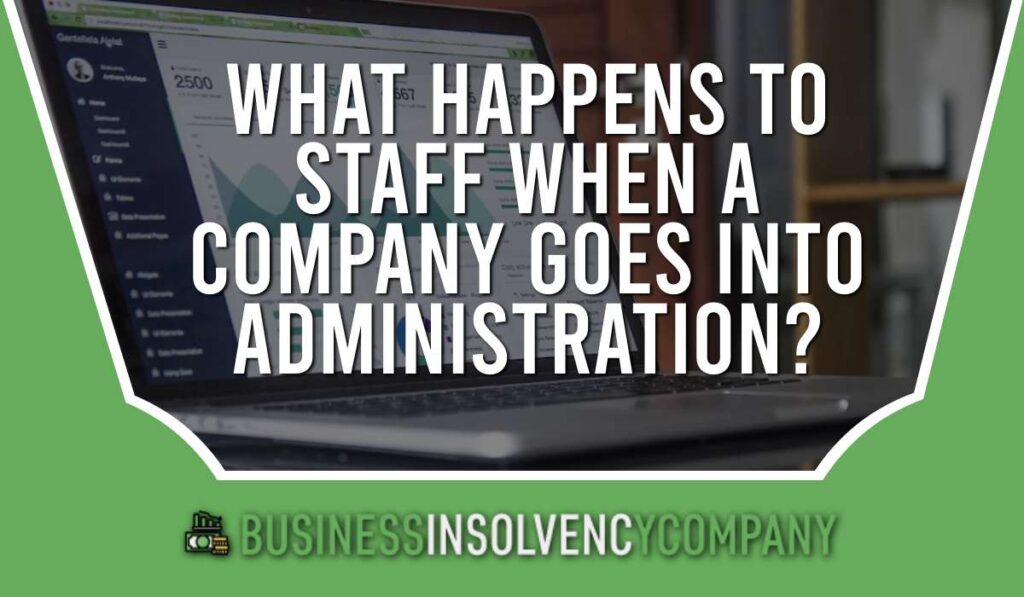

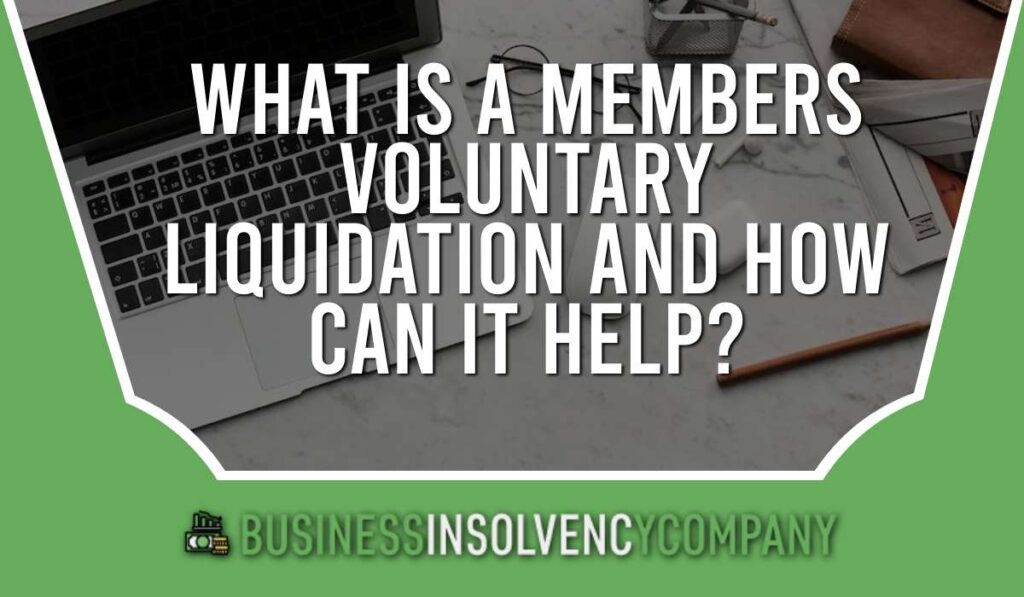

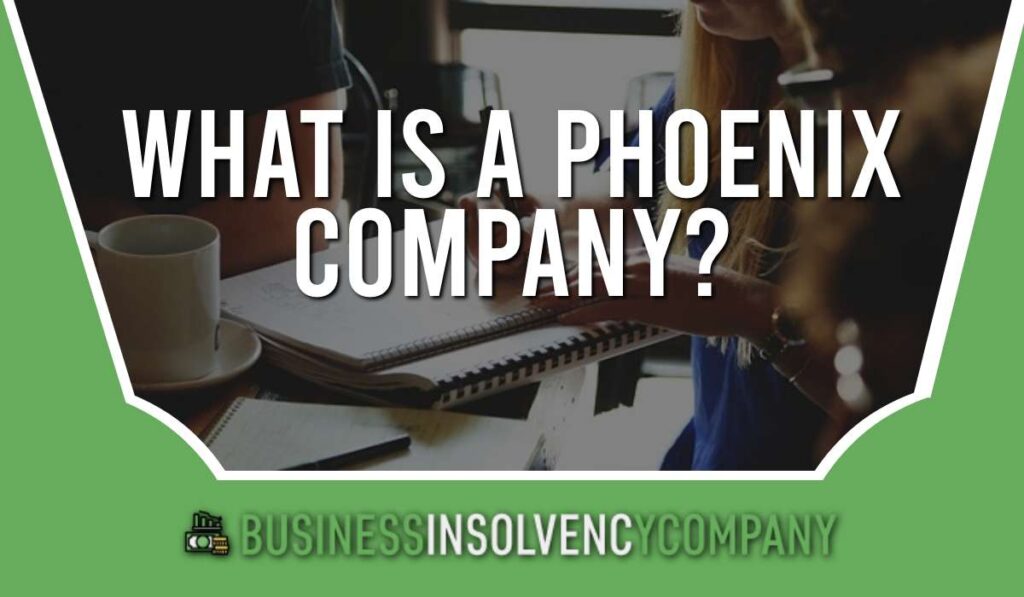

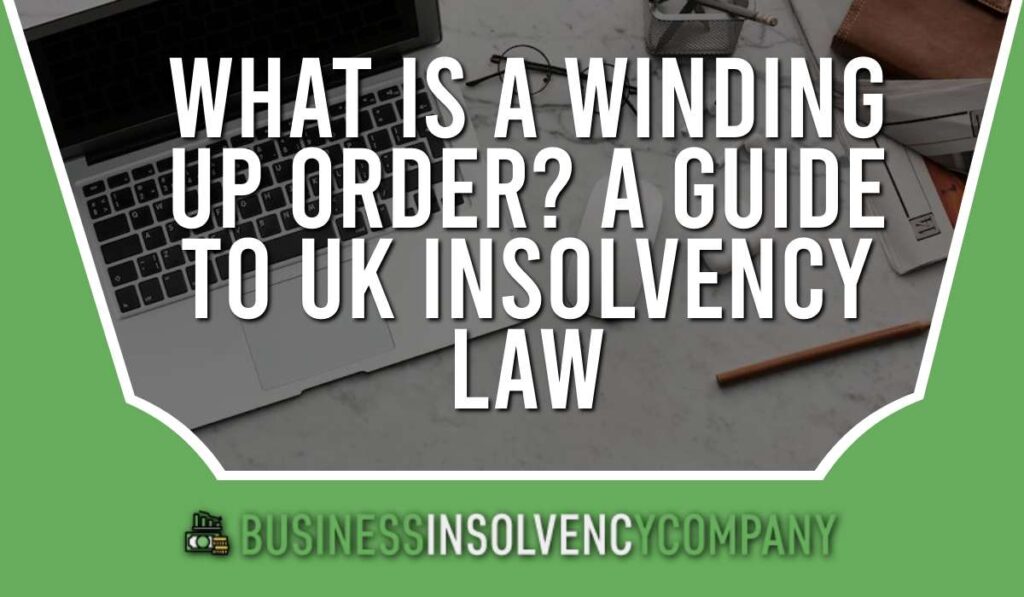




We Aim To Reply To All Enquiries With-in 24-Hours